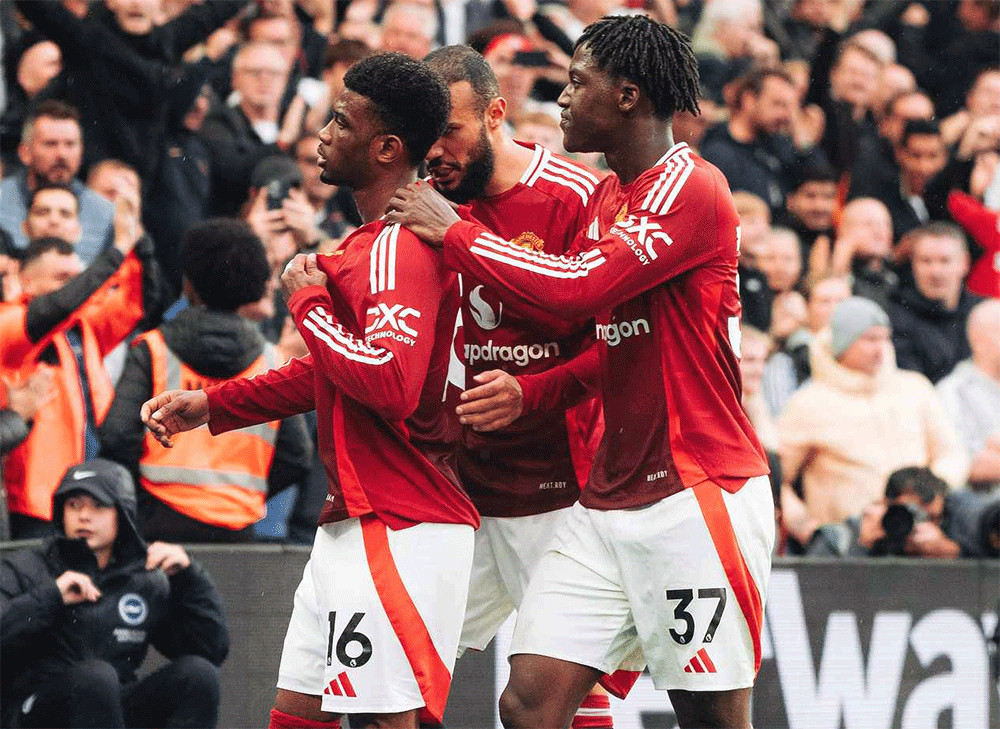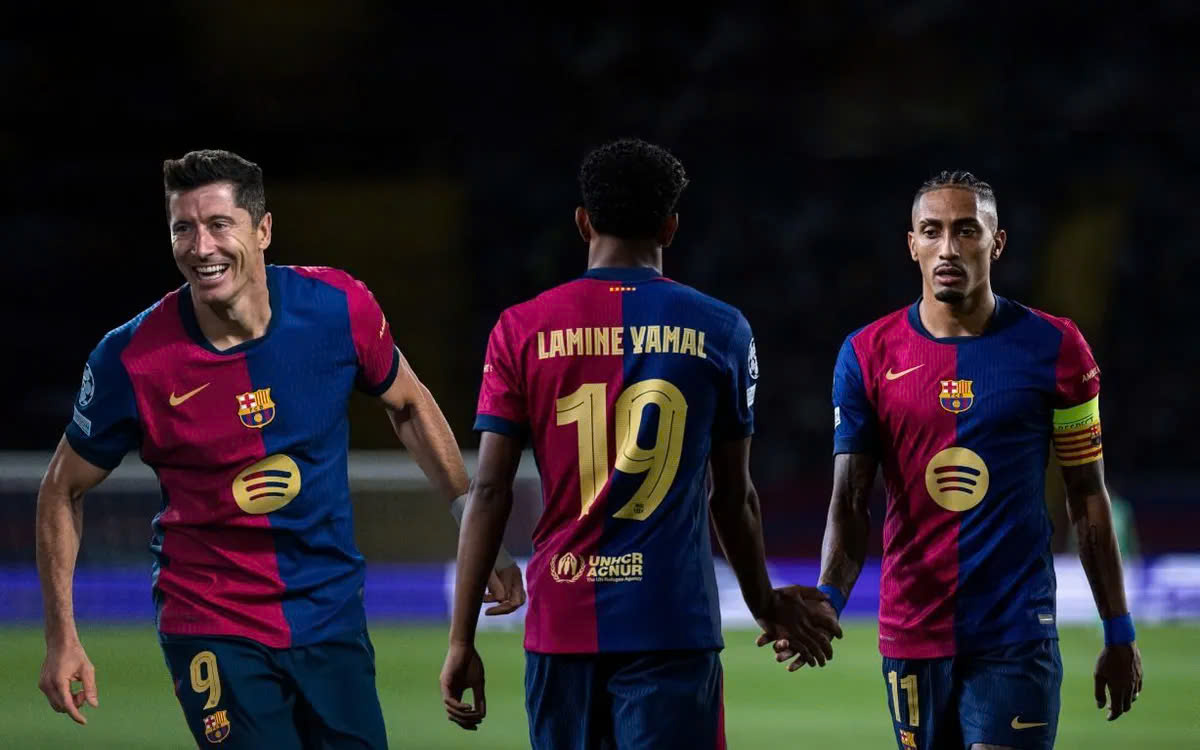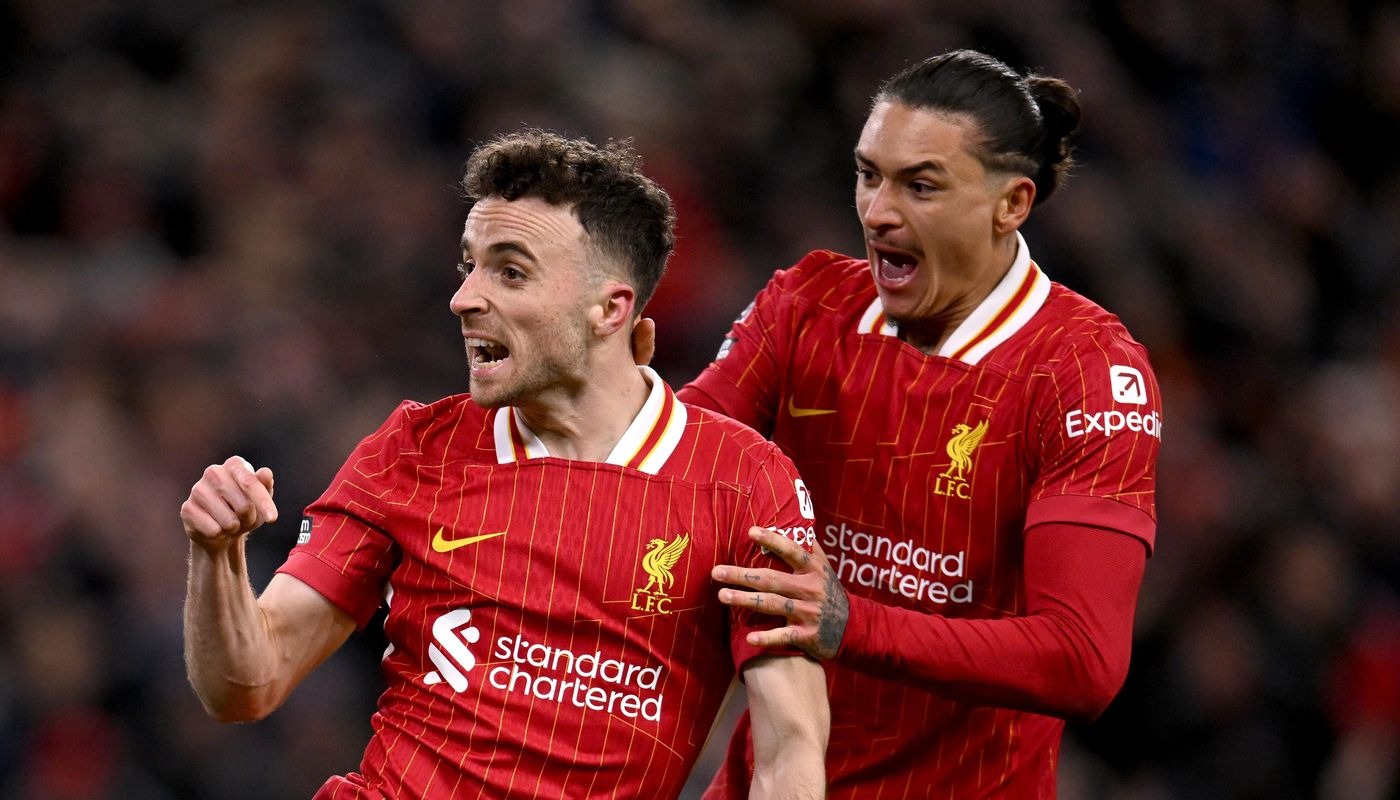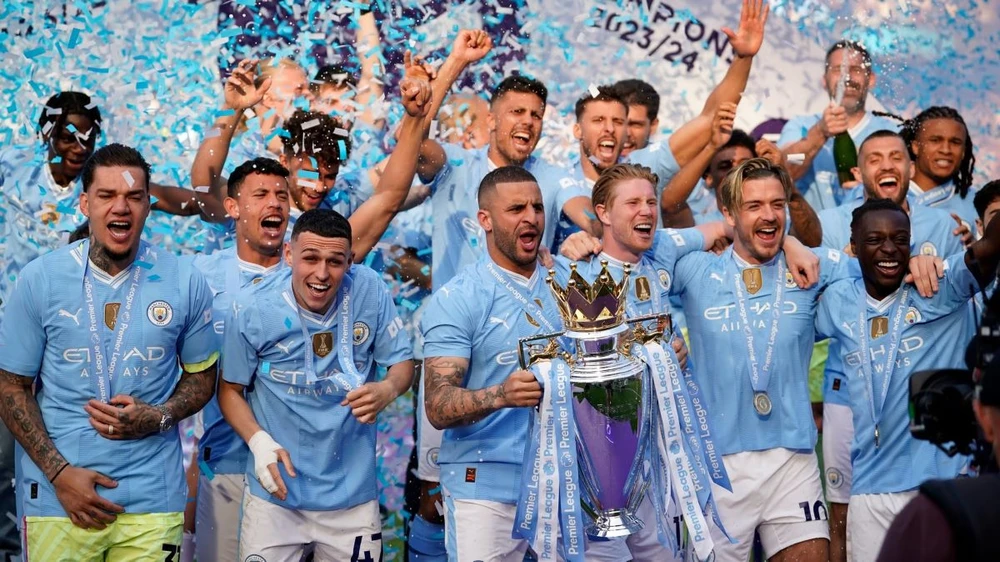Soccer, the world’s most popular sport, has become a billion-dollar industry, with elite clubs raking in staggering sums through broadcasting deals, sponsorships, merchandise, and player transfers. Among the most valuable soccer teams in the world, five stand out not only for their on-field successes but also for their financial prowess. These teams—Real Madrid, Manchester United, Barcelona, Liverpool, and Manchester City—represent a unique blend of historical legacy, global fanbases, and commercial acumen. But what exactly makes them so expensive? Let’s take a closer look at these footballing giants and explore the factors contributing to their extraordinary valuation.
Here's ads banner inside a post
1. Real Madrid: A Legacy of Dominance and Financial Ingenuity

At the top of the list of the most expensive soccer teams in the world is Real Madrid, whose valuation continues to soar thanks to a combination of historical success, massive fanbase, and shrewd financial management. With a current value estimated at over $5 billion, Real Madrid has cemented its position as the richest soccer club globally.
Founded in 1902, Real Madrid boasts a record 14 UEFA Champions League titles, an impressive La Liga dominance, and a rich history filled with legendary players such as Alfredo Di Stéfano, Cristiano Ronaldo, and Zinedine Zidane. This storied legacy on the pitch directly contributes to the club’s immense value, drawing millions of fans worldwide.
Here's ads banner inside a post
Off the pitch, Real Madrid excels in its commercial ventures. The club has established lucrative partnerships with top brands, including Adidas, Fly Emirates, and Audi. Additionally, Real Madrid’s brand is synonymous with success, which allows the club to generate significant revenue from ticket sales, merchandise, and licensing deals. The Santiago Bernabéu Stadium, one of the most iconic football venues globally, adds further value through hosting high-profile events and matches, attracting fans and sponsors alike.
2. Manchester United: The Red Devils’ Global Empire

With a valuation hovering around $4.6 billion, Manchester United remains one of the most valuable soccer clubs in the world, despite a period of relative underachievement in terms of silverware. The club’s wealth is rooted in a potent combination of global recognition, historical success, and business acumen.
Here's ads banner inside a post
Founded in 1878, Manchester United is a club with a rich history, having won 20 English league titles, 12 FA Cups, and three UEFA Champions League trophies. While the team has seen a dip in success since Sir Alex Ferguson’s retirement in 2013, the club’s global appeal remains unmatched. Manchester United’s fanbase spans continents, with millions of supporters in Asia, Africa, and the Americas.
Commercially, Manchester United is a juggernaut. The club’s sponsorship deals are among the most lucrative in sports, including long-term partnerships with Adidas, Chevrolet, and Kohler. The club’s marketing strategy capitalizes on its brand, which is synonymous with winning, luxury, and history. The iconic Old Trafford stadium, also known as the “Theatre of Dreams,” continues to be a major revenue generator through ticket sales, hospitality, and tours.
3. Barcelona: The Struggle to Maintain a Historic Identity

Once the crown jewel of European football, Barcelona has seen its fortunes fluctuate in recent years. However, despite challenges on and off the pitch, the club remains one of the most valuable football teams globally, with an estimated worth of around $4.5 billion.
Barcelona’s rich history, defined by its “Mes que un club” (More than a club) philosophy, has earned it a passionate global fanbase. The team’s success is built on a foundation of homegrown talent and legendary players like Lionel Messi, Xavi Hernandez, and Andres Iniesta. This identity, deeply embedded in Catalonian pride, fuels an enormous fan following both in Spain and abroad.
However, Barcelona’s financial situation has been precarious in recent years, exacerbated by mounting debt and the departure of Messi in 2021. Yet, the club’s value remains high due to its commercial success. Barcelona’s sponsorship agreements with brands like Spotify, Nike, and Rakuten continue to generate substantial revenue. The Camp Nou stadium, currently undergoing renovations, remains one of the largest and most iconic football venues globally, adding to the club’s financial stability through matchday revenues, tourism, and events.
4. Liverpool: The Return of the Kings

Once considered a club in transition, Liverpool has recently returned to its former glory under the management of Jürgen Klopp, winning both the UEFA Champions League in 2019 and the Premier League in 2020. This success has helped propel the club’s value to approximately $4.1 billion, an impressive feat given the competitive nature of the English Premier League.
Founded in 1892, Liverpool is one of England’s most successful clubs, with 19 league titles and 6 Champions League trophies. The team’s recent resurgence has revitalized the brand, attracting new sponsors and fans worldwide. Liverpool’s passionate and vocal fanbase, known as “The Kop,” is a driving force behind the club’s commercial power.
Off the pitch, Liverpool’s success in business is just as notable. The club’s partnerships with companies such as Nike, Standard Chartered, and Carlsberg have bolstered its financial standing. Anfield, Liverpool’s historic stadium, continues to be a source of revenue, with expansion plans set to increase its capacity and matchday earnings. Moreover, Liverpool has capitalized on its global fanbase by embracing digital media and expanding its reach through streaming platforms and social media.
5. Manchester City: The Oil-Fueled Surge
Manchester City is perhaps the most fascinating case in the world of football valuation. Once considered an underdog, the club has grown into a financial powerhouse with a current valuation of around $4 billion, thanks in large part to its acquisition by the Abu Dhabi United Group in 2008. This influx of investment has enabled the club to assemble one of the most formidable teams in Europe, with stars like Kevin De Bruyne, Erling Haaland, and Riyad Mahrez.
Founded in 1880 as St. Mark’s, Manchester City’s modern-day success is a result of massive financial backing. The club’s owners have invested heavily in the club’s infrastructure, facilities, and squad, which has led to an unprecedented period of success, including multiple Premier League titles and FA Cup victories. This success on the pitch has driven up the club’s value, attracting major sponsorship deals from brands such as Etihad Airways and Puma.
Manchester City’s stadium, the Etihad, serves as a key revenue stream, hosting both domestic and international fixtures. Additionally, the club’s global partnerships, especially with sponsors in the Middle East, have positioned it as a leading financial force in world football.
A Formula for Success
The common thread among these five soccer giants—Real Madrid, Manchester United, Barcelona, Liverpool, and Manchester City—is the combination of on-field success, commercial strategy, and brand value. Their enormous financial success has allowed them to dominate both the sport and the business of soccer, ensuring their positions as the most expensive soccer teams in the world.
While their road to the top has varied—some relying on historical success, others on recent investments—each of these clubs has mastered the delicate balance between sporting achievement and financial savvy, solidifying their places among the world’s elite soccer teams. The future of these clubs looks bright, with global fanbases, robust sponsorships, and cutting-edge facilities positioning them to remain at the top of the financial ranks for years to come.


